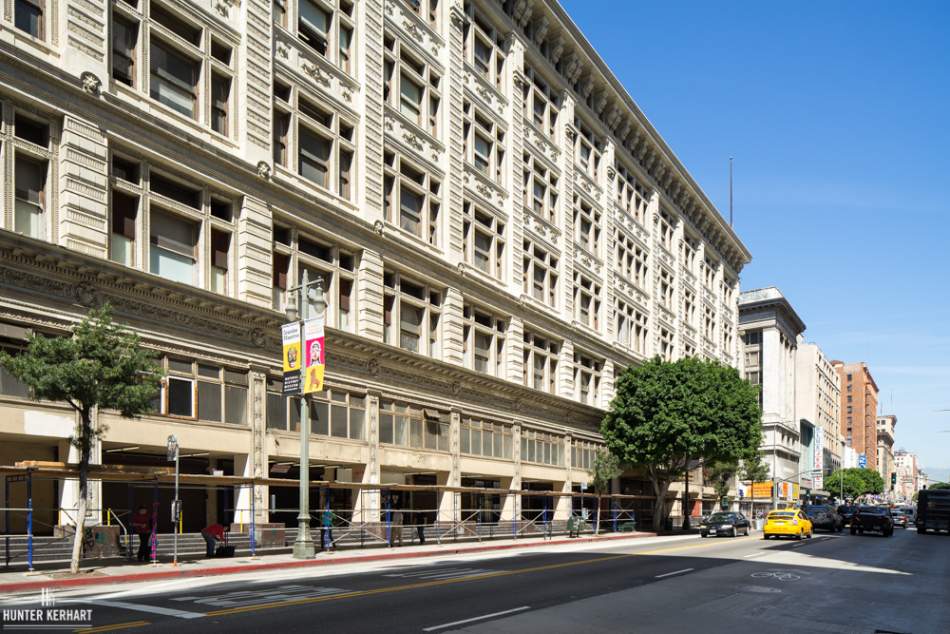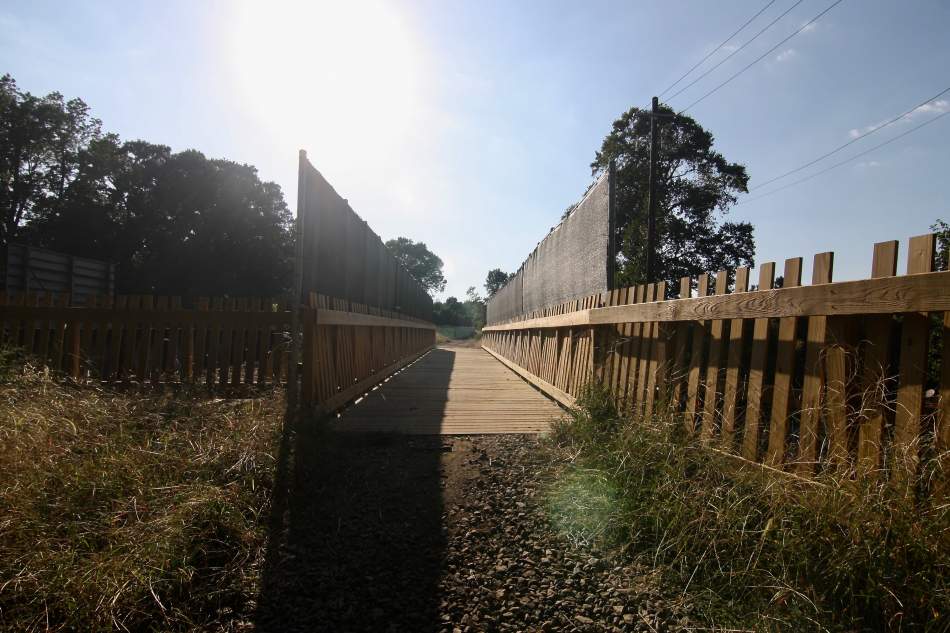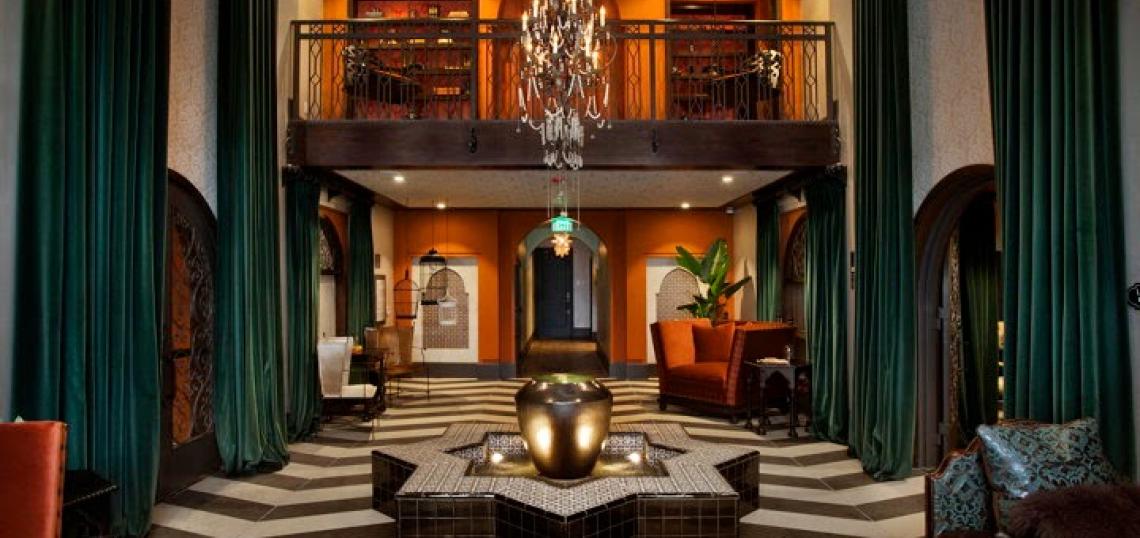The Atlanta BeltLine’s quest to eventually bridge the gap between existing Westside and Eastside trails is taking a significant step forward this month.
In a scene reminiscent of Ralph McGill Boulevard nine years ago, crews recently began installing a new Southside Trail pedestrian bridge over Metropolitan Parkway in Southwest Atlanta, near the point where Adair Park, Pittsburgh, and Capitol View neighborhoods meet.
As with Ralph McGill, an existing, historic railroad bridge will be left in place, repainted, and refurbished over Metropolitan Parkway for use by future transit, according to BeltLine officials.
 Installation of steel beams over Metropolitan Parkway this month.
Installation of steel beams over Metropolitan Parkway this month.
Courtesy of Atlanta BeltLine
The work by contractor Astra Group on the Southside Trail’s 0.8-mile first segment—aka, Southside Trail West—will require closing individual traffic lanes for the next two weeks, but Metropolitan Parkway will remain open in both directions. The installation of three large steel beams and other work began Friday.
BeltLine officials expect the Southside Trail’s first piece will be open by this summer, effectively extending the Westside Trail to the new Pittsburgh Yards development before terminating near the Interstate 75/85 Connector, just south of downtown.
 An interim bridge over Metropolitan Parkway, as seen in 2019.
An interim bridge over Metropolitan Parkway, as seen in 2019.
Josh Green/Urbanize Atlanta
Meanwhile, designs for the Southside Trail’s remaining four segments—2 through 5—is nearly 90 percent finished, BeltLine officials report. Those plans are expected to start undergoing engineering reviews this month.
Last year, BeltLine leaders were hopeful that a U.S. Department of Transportation BUILD grant would supply about $50 million needed to construct another 1.9 miles of the Southside Trail (plus 0.6 miles of protected, on-street bike lanes). That segment would have stretched from McDaniel Street in Pittsburgh to Boulevard in Grant Park—but alas, the federal funding was denied.
For an alternate means of funding, the Atlanta City Council is weighing the creation of a Special Service District (SSD) that would increase taxes for commercial property owners within a half-mile of the BeltLine corridor.
 The finished Westside Trail is depicted in green, alongside under-construction segments (yellow) and those in design phases (purple).
The finished Westside Trail is depicted in green, alongside under-construction segments (yellow) and those in design phases (purple).
Courtesy of Atlanta BeltLine
Backers say the tax district would speed design and construction of $350 million in BeltLine work that remains, creating thousands of jobs. Critics have worried aloud that any additional costs of doing business would trickle down to apartment renters and small businesses that occupy buildings near BeltLine segments.
The SSD legislation’s sponsor recently told Urbanize Atlanta that, if approved in coming months, the additional tax revenue could start streaming into city coffers by late this year.
• Capitol View (Urbanize Atlanta)
• Is the timing right for a new Atlanta BeltLine tax? (Urbanize Atlanta)






